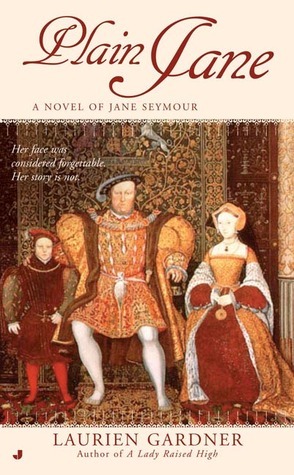

But what of the degree of love? Was marriage-the institution he had dared to defy and alter to suit his purposes-just nothing more than a necessary procedure of law, a duty a king had to his people? Is it possible? In other cultures, polygamy is allowed, although it is, of course, another matter entirely. In the case of King Henry VIII's history, and faced with the complication of a man marrying six women and making love to countless others, I told myself there are three possible ways of looking at it: And while the lack of privy into his own thoughts and feelings may be a source of frustration for the avid historians and followers of court history, for those of us who profess no more than interest and fascination at a time and culture unknown to us, such gaps in history grant us some leeway, a space with which to craft our own understanding and fancies as to how the minds and hearts of people such as these could have interacted-what happened in between the lines of history, those things that could not be placed in words or numbers. While I cannot speak for everyone else, I would have to say that for me part of the appeal lies in the fact that in these stories we deal with a man who actually lived, who had actually gone and changed the world's history and religion because of his love-or his lust. With the almost successive appearance of The Tudors series and The Other Boleyn Girl film, as well as the countless literature abound regarding the famous Henry the 8th and his intriguing lovelife, I couldn't help but wonder, as with the other phenomenon in pop culture, what makes these stories so appealing and interesting to so many people. A Review of Plain Jane: A Novel of Jane Seymour


 0 kommentar(er)
0 kommentar(er)
